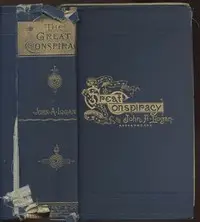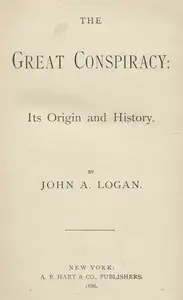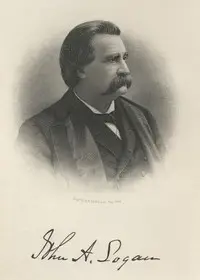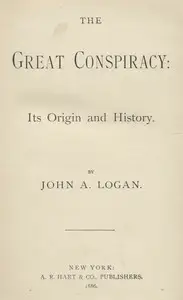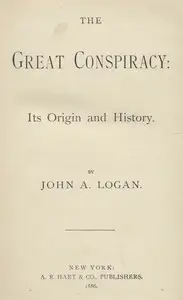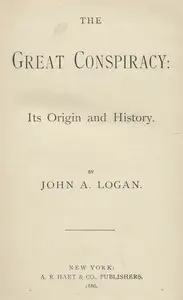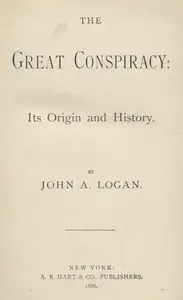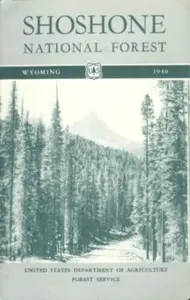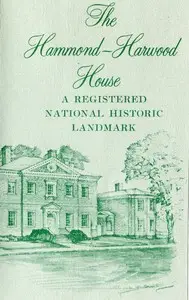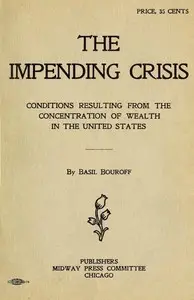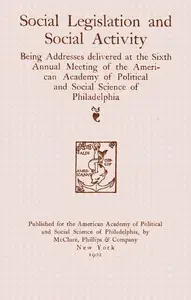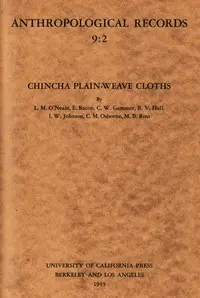"The Great Conspiracy, Volume 5" by John Alexander Logan is a historical examination of the American Civil War, with a strong focus on themes of freedom, Abraham Lincoln's leadership, and conflicts between the North and South. The book starts by looking at Lincoln's thoughts on emancipation, examining his views on racial differences and his early ideas about relocating freed slaves. It also covers Lincoln's discussions with Black leaders about their place in a country on the brink of war. The narrative explores the political difficulties surrounding emancipation, including Lincoln's conversations with Horace Greeley and the responses to his Emancipation Proclamation, revealing the disagreements and obstacles that marked this critical period in American history.
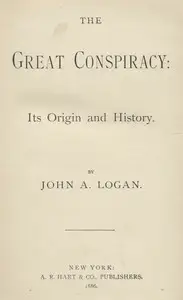
The Great Conspiracy, Volume 5
By John Alexander Logan
Witness a nation divided as a president grapples with freeing a people while navigating treacherous political currents and the deep-seated prejudices of a nation at war with itself.
Summary
About the AuthorJohn Alexander Logan was an American soldier and politician. He served in the Mexican–American War and was a general in the Union Army in the American Civil War. He served the state of Illinois as a state Representative, a U.S. Representative, and a U.S. Senator and was an unsuccessful candidate for Vice President of the United States as James G. Blaine's running mate in the election of 1884. As the 3rd Commander-in-Chief of the Grand Army of the Republic, he is regarded as the most important figure in the movement to recognize Memorial Day as an official holiday.
John Alexander Logan was an American soldier and politician. He served in the Mexican–American War and was a general in the Union Army in the American Civil War. He served the state of Illinois as a state Representative, a U.S. Representative, and a U.S. Senator and was an unsuccessful candidate for Vice President of the United States as James G. Blaine's running mate in the election of 1884. As the 3rd Commander-in-Chief of the Grand Army of the Republic, he is regarded as the most important figure in the movement to recognize Memorial Day as an official holiday.

